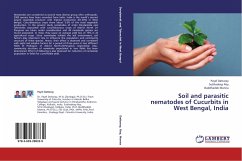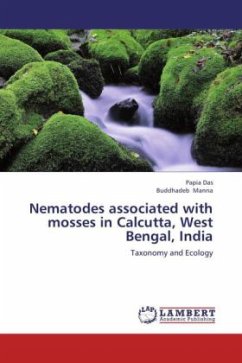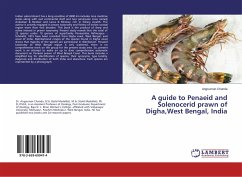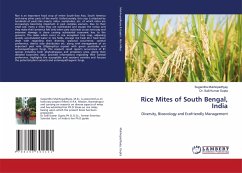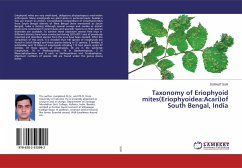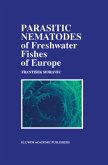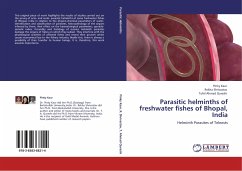Nematodes are considered as second most diverse group after arthropods. 2500 species have been recorded from India. India is the world's second largest vegetable producer with highest production (87.33%) in West Bengal. Cucurbitaceous crops share about 5.6% of the total vegetable production. In the present study nematodes of order Dorylaimida and Tylenchida associated with cucurbitaceous crops of district North 24 Parganas are taken under consideration and 44 nematode species are found associated. In India, they cause an average yield loss of 15% in all agricultural crops. Since nematodes inhabit the soil environment, soil factors play important role to influence the population and community structure of these species. Hence, their effect is observed and correlated with eight soil edaphic factors for a period of three years in two different fields of Hridaypur of district North-24-Parganas respectively. Also, community structure of nematode population in two fields has been determined. Effect of fallowing is also observed for reduction of nematode population in fields for a profitable yield.
Bitte wählen Sie Ihr Anliegen aus.
Rechnungen
Retourenschein anfordern
Bestellstatus
Storno

